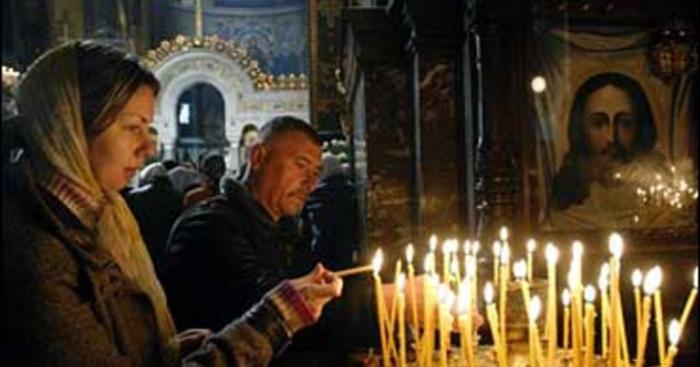Did early christians celebrate birthdays – The topic of whether early Christians celebrated birthdays has been the subject of much debate and discussion. While there is no definitive answer, this article delves into the historical, cultural, and theological factors that influenced early Christian attitudes towards birthday celebrations.
This article examines the beliefs and practices of early Christians, explores the historical context and influences that shaped their views, and analyzes relevant biblical passages and patristic writings. It traces the evolution of Christian practices regarding birthday celebrations from the early centuries to the present day, identifying regional variations and theological perspectives.
Early Christian Beliefs and Practices

Early Christians held distinct beliefs and practices regarding celebrations and festivities. They generally avoided celebrating birthdays, as they viewed such practices as pagan and contrary to their religious beliefs.
Instead, early Christians focused on commemorating significant events in the life of Christ and the Church, such as Easter, Pentecost, and the martyrdom of saints.
Historical Context and Influences
Birthday celebrations have been a part of various ancient cultures, including the Egyptians, Greeks, and Romans. The Romans, in particular, had a tradition of celebrating the birthdays of emperors and other notable figures.
Early Christian attitudes towards birthdays may have been influenced by these cultural practices, as well as by the Jewish tradition of avoiding celebrations associated with paganism.
Scriptural Evidence and Interpretations, Did early christians celebrate birthdays
The Bible does not explicitly mention birthday celebrations. However, some passages have been interpreted as supporting the early Christian view of birthdays as inappropriate.
For example, the passage in Matthew 6:19-21, which encourages Christians to store up treasures in heaven rather than on earth, has been used to argue against the celebration of personal milestones.
Patristic Writings and Church Fathers
Early Church Fathers, such as Tertullian and Origen, wrote extensively about birthday celebrations. Tertullian condemned the practice as a pagan custom that should be avoided by Christians.
Origen, on the other hand, took a more nuanced view, suggesting that birthday celebrations could be acceptable if they were not associated with pagan practices.
Evolution of Christian Practices
Over time, Christian practices regarding birthday celebrations evolved. By the 4th century, some Christians began to celebrate the birthdays of saints and martyrs.
By the Middle Ages, birthday celebrations had become more common among Christians, although they were still not universally accepted.
Cultural and Regional Variations
Today, there is considerable variation in birthday celebrations among different Christian denominations and traditions.
Some denominations, such as the Eastern Orthodox Church, still discourage the celebration of birthdays, while others, such as the Roman Catholic Church, allow for the celebration of personal milestones.
Theological and Ethical Perspectives
From a Christian perspective, birthday celebrations can be seen as an opportunity to reflect on God’s blessings and to express gratitude for life.
However, it is important to approach birthday celebrations with humility and to avoid excessive self-indulgence.
FAQ Overview: Did Early Christians Celebrate Birthdays
Did early Christians believe that celebrating birthdays was a sin?
While some early Christians may have viewed birthday celebrations as unnecessary or even sinful due to their association with pagan practices, there is no evidence to suggest that they universally condemned them as such.
What alternative ways did early Christians mark significant events?
Early Christians often marked significant events, such as baptisms, marriages, and ordinations, through communal gatherings, feasts, and acts of charity.
How did Roman customs and traditions influence Christian attitudes towards birthdays?
Roman customs, such as the celebration of birthdays with gifts and parties, likely influenced Christian practices regarding birthday celebrations. However, early Christians may have adapted these customs to fit their own beliefs and values.

